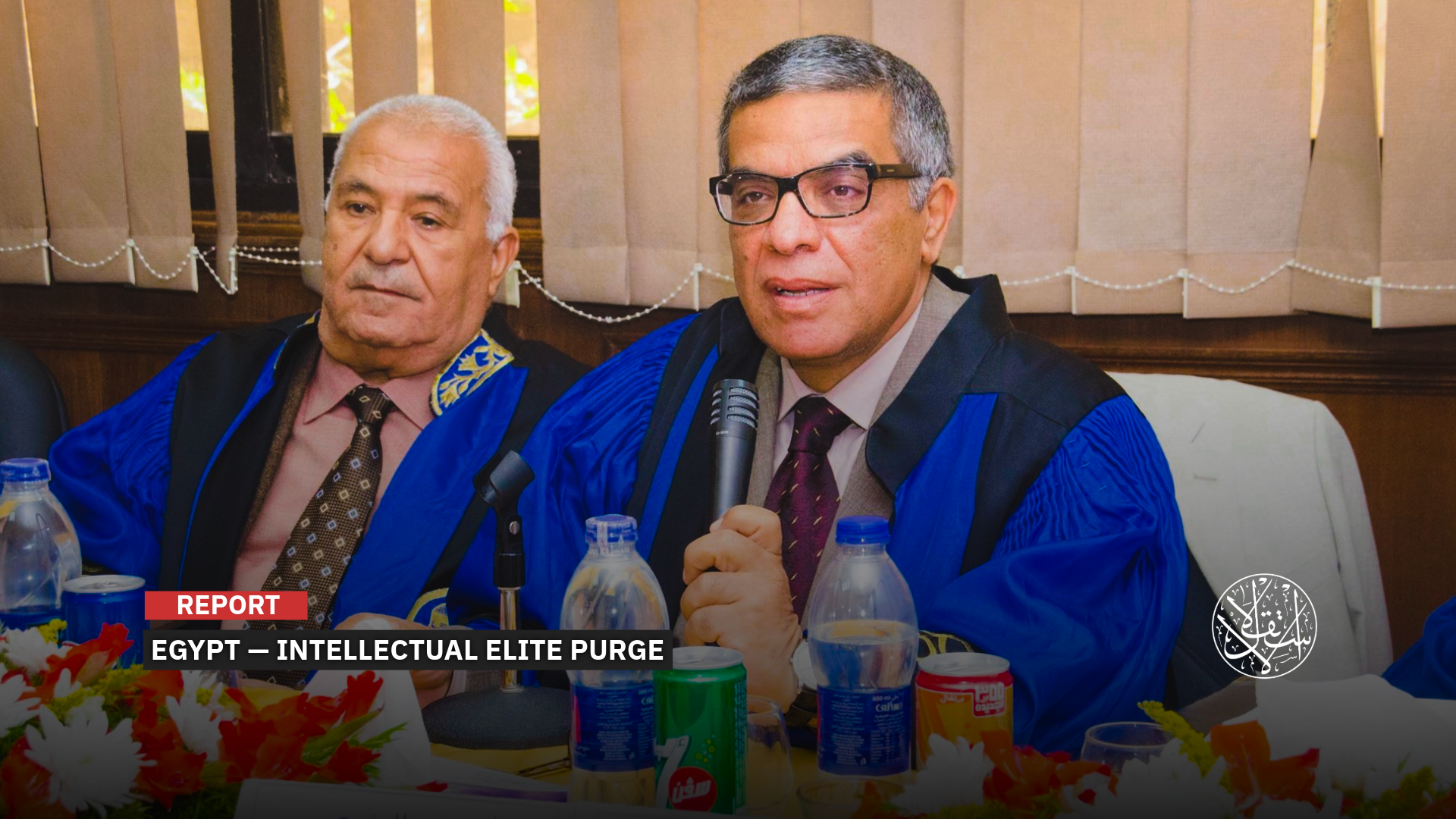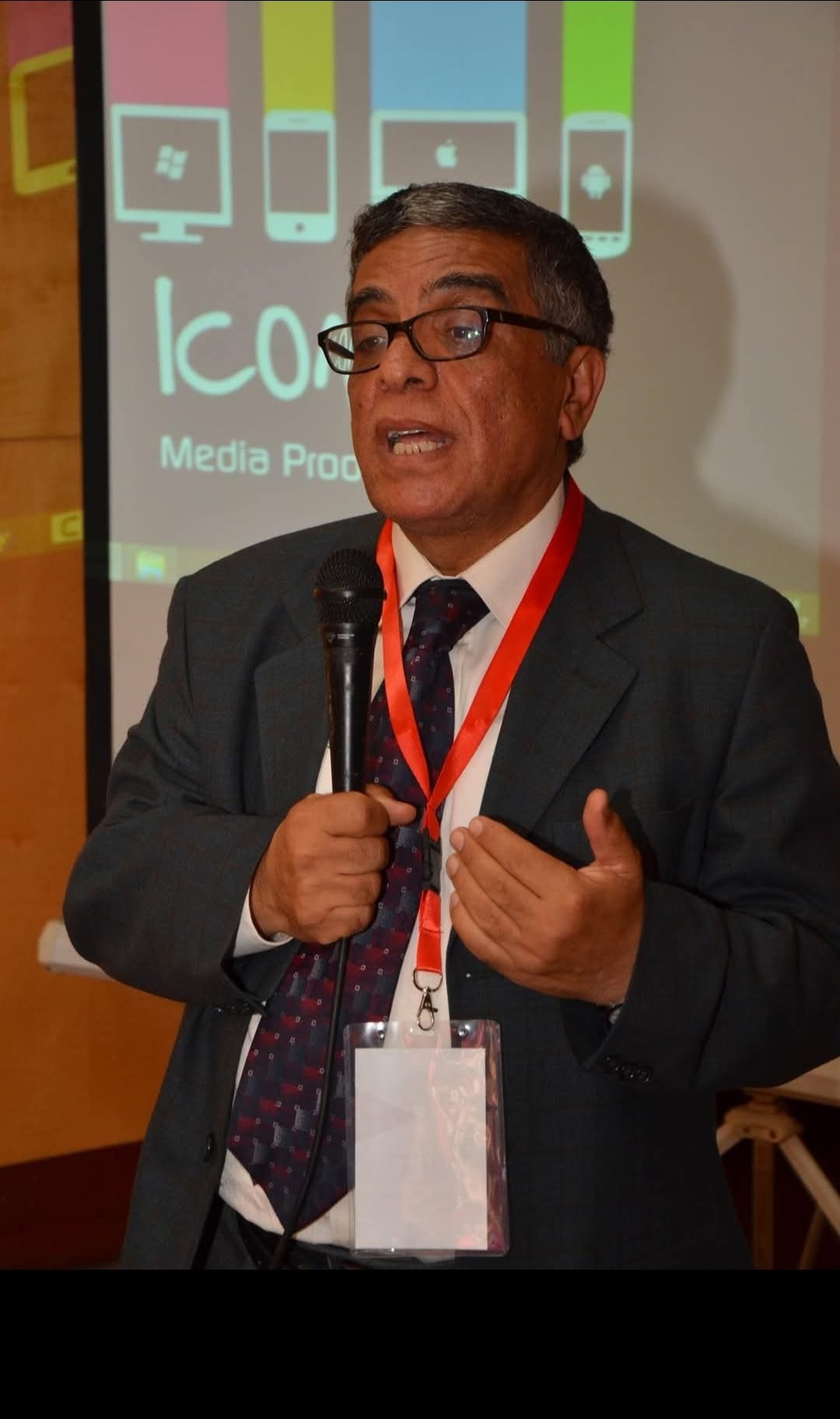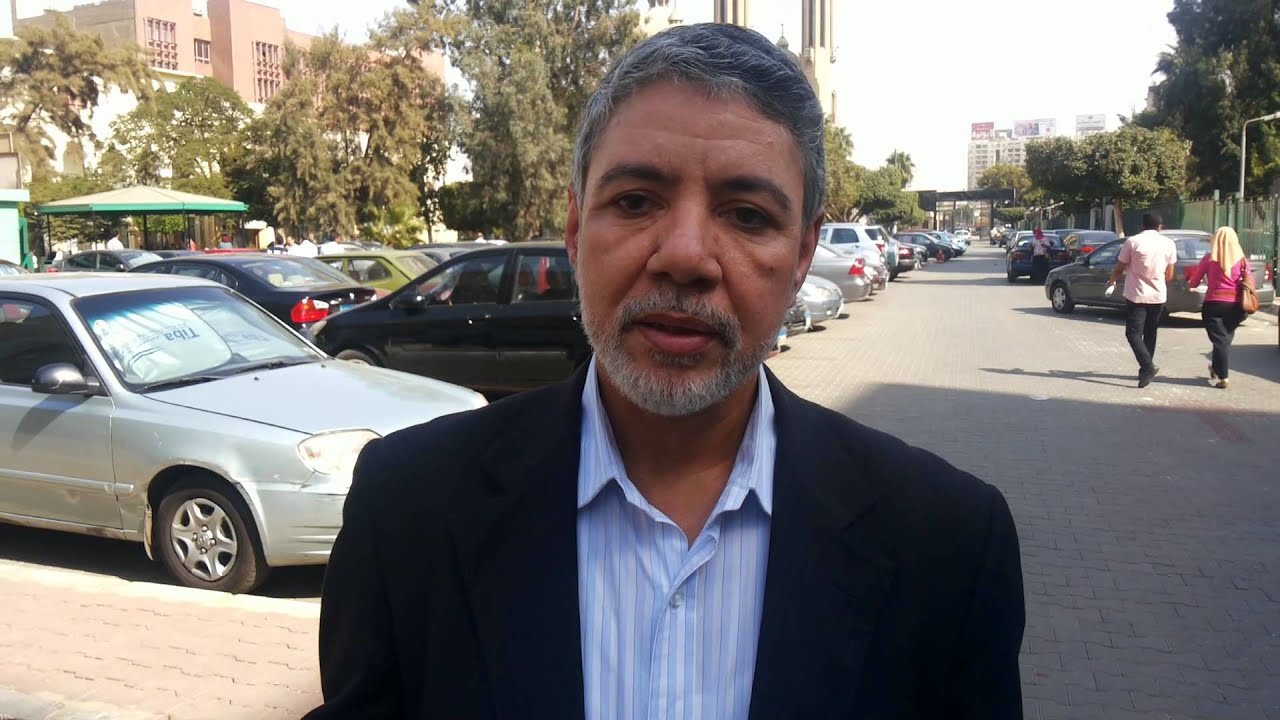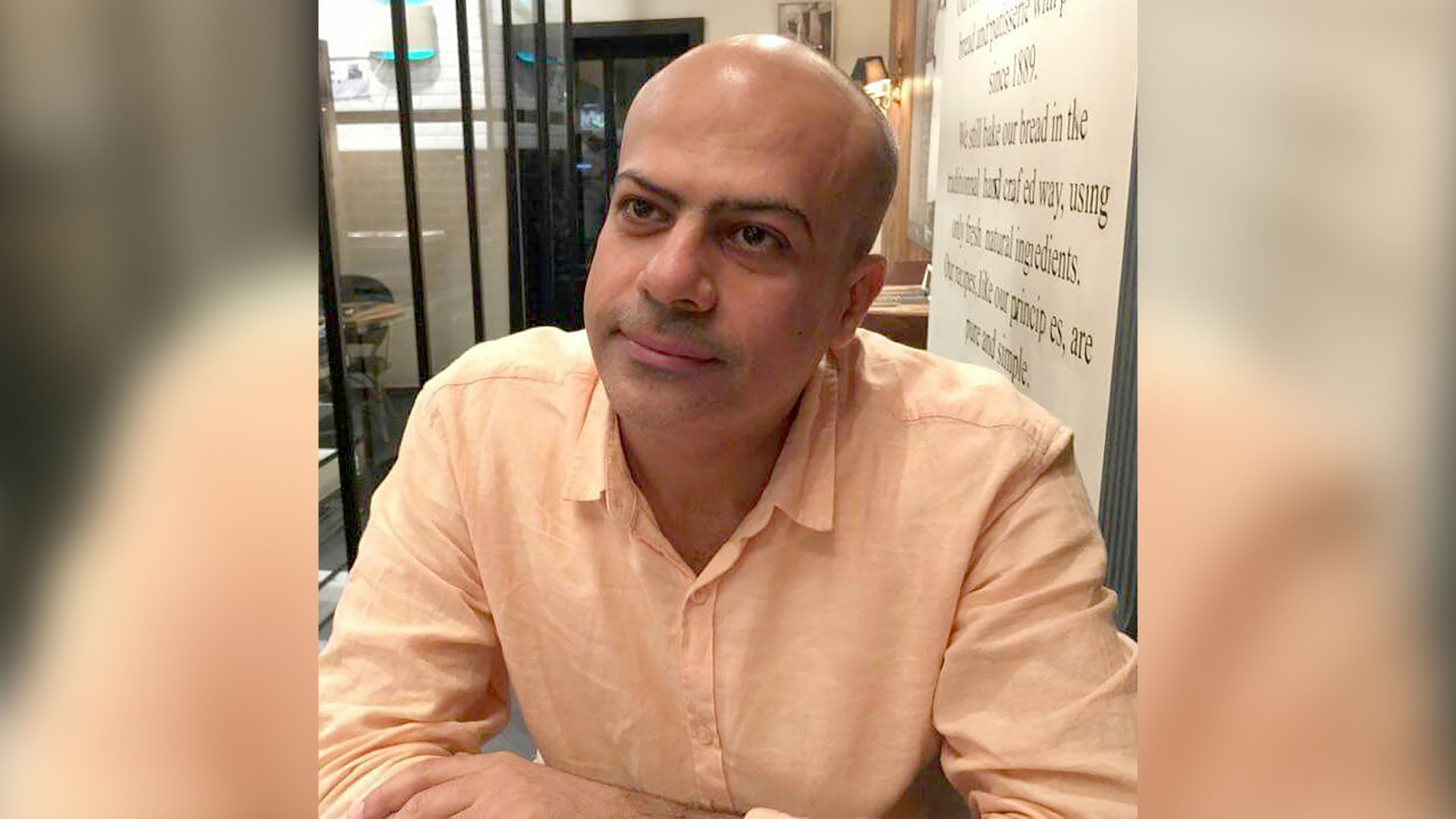From Tarek al-Ghandour to Nagy el-Prince: How el-Sisi’s Prisons Are Silencing Egypt’s Scientists

Dr. Nagy el Prince’s death was the result of prolonged medical neglect and systematic abuse.
In the cold cells and behind the dark walls of Abdel Fattah el-Sisi’s prisons in Egypt, lives once devoted to lecture halls, university laboratories, and research centers are quietly extinguished.
Scientists die in silence, academics are driven one after another toward the slow execution perfected by the Egyptian regime, a method of medical neglect, solitary confinement, and the deliberate denial of medicine and care.
From Dr. Tarek al-Ghandour, a professor of dermatology who bled to death in his cell, to Dr. Farid Ismail, who drew his final breath in Scorpion Prison after being deprived of treatment for diabetes and high blood pressure.
Including Dr. Nagy el-Prince, one of Egypt’s most prominent oral and maxillofacial surgeons, who died in Badr Prison in August 2025 after three years of arbitrary detention without charge, without trial, and even the most basic care.
These were not political opponents, though it would have been their right to be; rather, they were figures of intellect, research, and academic dedication, punished because they embodied what every authoritarian regime fears: an independent elite, professional integrity, and a critical mind.
Dozens more scientists and university professors remain behind bars, awaiting the same fate under harsh conditions of detention, in a country that has chosen to rule through security, not knowledge.
El Prince’s Death
When Egyptian human rights groups announced the death of Dr. Nagy el-Prince, professor of oral and maxillofacial surgery at the Faculty of Dentistry, Alexandria University, they reported that his final breaths were taken inside his cell in the high-security Badr Prison.
For nearly three years, the Egyptian scholar endured arbitrary detention without charge or the prospect of a fair trial.
His death came as the grim culmination of a pattern of medical neglect and systematic abuse, within a notorious detention system that recognizes neither scientific merit nor the most basic human rights.
Dr. el-Prince, known among colleagues and students for his academic dedication and complete detachment from any political activity, was nonetheless one of the victims of a security climate in which prison has become an almost certain fate, even for minds devoted solely to science and knowledge.
According to testimonies from rights advocates and those close to him, he was denied medical care throughout his detention, despite a steady deterioration in his physical condition, which ultimately led to his death in custody.
In a strongly worded statement, the El-Shehab Center for Human Rights condemned what it described as a “slow-motion assassination” carried out against Dr. el-Prince, holding the Egyptian authorities fully responsible for his death.
The center called for an independent and transparent investigation into the circumstances of the death, the harsh conditions of detention, and the chain of medical neglect that has claimed the lives of dozens of Egyptian detainees, including members of the scientific elite.
This incident is part of a continuing series of silent violations targeting Egypt’s scientists and academics behind bars.

Dr. Tarek al-Ghandour
Among the first scholars to die in the cells of the Egyptian regime was Dr. Tarek al-Ghandour, professor of dermatology at the Faculty of Medicine, Ain Shams University in Cairo.
He died on November 13, 2014, and in a moment that captured the depth of grief and betrayal, a harrowing image of his young child clinging to his body spread across social media.
His life ended in custody after hours of bleeding and medical neglect, adding his name to a long list of scientific talents whose lives have been extinguished behind bars.
Following his death, activists on Facebook launched a page titled “Tarek al-Ghandour, Your Blood is a Revolution,” seeing in him a new symbol of injustice, evoking the memory of figures like Khaled Said and Mohamed el-Sawy, whose tragedies became fuel for awareness and protest.
Dr. al-Ghandour was not merely a distinguished physician or academic who supervised more than 100 masters and doctoral theses, he was also a polymath, the author of works on medicine and infertility, holder of advanced degrees in Islamic studies, and a man who had memorized the entire Qur’an.
But his scientific stature offered no protection once he entered the prisons of the coup, where he suffered severe bleeding as a result of liver disease complications and was left to bleed for six hours without rescue, before being belatedly transferred to the prison hospital, and then to the National Liver Institute in Shebeen el-Kom, which was ill-equipped to handle his case, according to preacher Dr. Khaled Abu Shadi, himself now detained, who said, “The staff there were not up to medical responsibility, they did not know how to manage a case of cardiac arrest, which led to him falling into a coma for 24 hours, and then his death.”
“He repeatedly requested to be transferred to a specialized hospital, but the authorities were obstinate, until he surrendered his soul,” Abu Shadi added.

Ayman Hadhoud
On April 10, 2022, more than two months after his enforced disappearance, the family of economic researcher Ayman Hadhoud announced his sudden death under mysterious circumstances that sparked a wave of outrage and widespread questions.
Hadhoud, who held a prestigious academic standing as a graduate of the American University in Cairo, a member of the supreme council of the Reform and Development Party, and economic adviser to the party leader as well as member of the National Council for Human Rights under Mohamed Anwar Sadat, was forcibly disappeared following an unofficial arrest on February 5, 2022, beginning a new chapter of disappearance, isolation, and security denial.
According to his brother Omar Hadhoud, Ayman was taken to an unknown security facility, and the family only learned of his detention days later, when a police officer informally informed them that the security services were holding him in custody, without clarifying the reason.
Later, the family confirmed that he had been held for a period at Al Amireya police station, then at a national security facility, before being transferred to Abbasia Hospital for Mental Health, a move described as part of attempts at psychological pressure and liquidation.
But the greatest shock came when the family received news of his death, amid conflicting accounts of the circumstances of his detention and the details surrounding his passing.
The hospital refused to document his condition, and staff reportedly forced his brother to delete photos of the body, which, according to his testimony, showed clear fractures to the skull, raising suspicions of violence or torture.
Despite the Nasr City prosecutor’s decision to exhume the body to determine the cause of death, the case remains shrouded in mystery, particularly as Ayman was suffering from severe psychological distress during his detention, and there has been complete secrecy surrounding what happened inside the security facilities and the hospital.
Ayman Hadhoud’s death is not merely an individual tragedy but another example of the state’s method of dealing with dissent and expertise, where administrative detention and enforced disappearance become tools to silence minds and eliminate those who think or criticize, even if only through pen and paper.

The Primary Enemy
Lawyer and human rights activist Mostafa Ezzedine Fouad told Al-Estiklal in a private statement that the death of Dr. Nagy el-Prince inside Badr Prison after years of arbitrary detention without charge was not simply a tragic incident, but a new chapter in the ongoing campaign to assassinate minds within Egypt’s prisons.
Ezzedine added that Dr. el-Prince was a rare example of scientific dedication, having spent years serving his students and educating generations within the halls of the medical faculty.
He delivered lectures at prestigious Arab universities and was known for his high professional competence, with no record of political activity, making his arrest and death a clear-cut crime without justification.
Ezzedine pointed out that el-Prince was neither the first nor the last, citing the case of Dr. Essam el-Arian, the prominent physician, academic, and politician who embodied the qualities of science, politics, and faith.
El-Arian died in Scorpion Prison from a heart attack after years of systematic medical neglect, as documented by local and international human rights reports that confirmed prison authorities use neglect as a deliberate form of punishment against political detainees and others.
“The list of victims is endless. Dozens of doctors, scientists, and thinkers remain behind bars today, deprived of treatment and the most basic human rights, including distinguished religious scholars such as Dr. Abdul Rahman al-Bar, Dr. Salah Sultan, and others who silently await a similar fate,” he continued.
Ezzedine affirmed that what is happening “is not merely violations, but a state policy that embraces ignorance and fights thought, treating scientists and intellectuals as a genuine threat to a security apparatus built on obedience and submission.”
“In authoritarian regimes, the primary enemy is not only the political dissident, but anyone who thinks, anyone who knows, anyone who holds an intellectual or moral project.”
“El-Sisi does not fear words because they annoy him, but because they expose him. That is why he imprisons those who speak out, kills scientists, and tames society under the banner of silence, ignorance, and fear,” he concluded.









